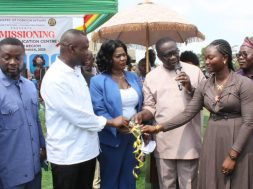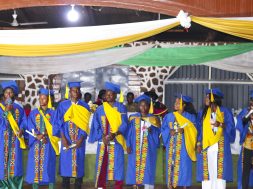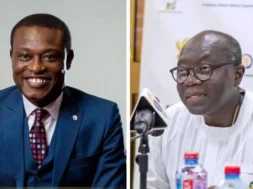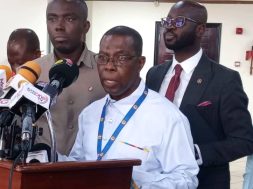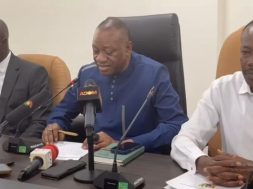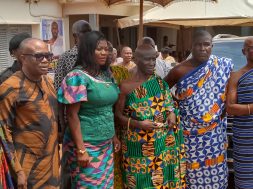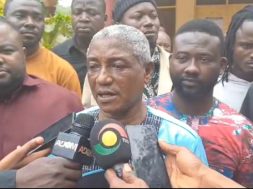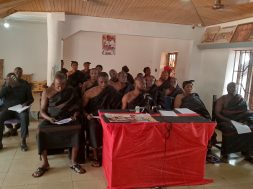Asunafo-Asutifi Hotspot Intervention Area Responds to AROCHA Ghana’s Call for Removal from Forest and Climate Leaders’ Partnership

The management of the Asunafo-Asutifi Hotspot Intervention Area has raised concerns over AROCHA Ghana’s demand for the removal of Ghana as a co-chair of the Forest and Climate Leaders’ Partnership (FCLP). AROCHA Ghana’s demand is rooted in the country’s struggle to control illegal mining, commonly known as galamsey.
However, the Asunafo-Asutifi team, which is dedicated to planting trees to combat climate change, believes that removing Ghana from the partnership is not the solution.Speaking at a press conference held in Goaso, Mr. Daniel Amponsah Gyinaye, the Board Chairman of the Asunafo-Asutifi Hotspot Intervention Area, expressed dissatisfaction with AROCHA Ghana’s stance.
He emphasized that despite the challenges posed by illegal mining, Ghana has made significant strides in the fight against climate change. “We are still doing our best to address climate change, and removing Ghana from the FCLP will not resolve the issue of illegal mining,” Mr. Gyinaye stated.Instead of pushing for Ghana’s removal, Mr. Gyinaye called on AROCHA Ghana to collaborate with local groups to address the galamsey crisis. He pointed out that they, too, are unhappy with the illegal mining activities affecting their communities.
Mr. Gyinaye also highlighted the support they have received from other organizations in their tree-planting efforts, which are key to fighting climate change. He further mentioned that local traditional leaders (nananom) have pledged not to give their lands to illegal miners, reinforcing the community’s commitment to environmental protection.
Ghana’s contributions to global climate efforts were underscored, with Mr. Gyinaye pointing to the country’s significant reduction in atmospheric carbon emissions.
He noted that in 2019, Ghana reduced CO2 emissions by 972,465 tonnes, followed by a reduction of 3,379,161 tonnes in 2020-2021. These achievements have brought Ghana $16 million in funding, which has been used to improve livelihoods in local communities.
According to Mr. Gyinaye, 69% of the benefits from these emissions reductions have gone directly to support local communities, enhancing various aspects of their development.

